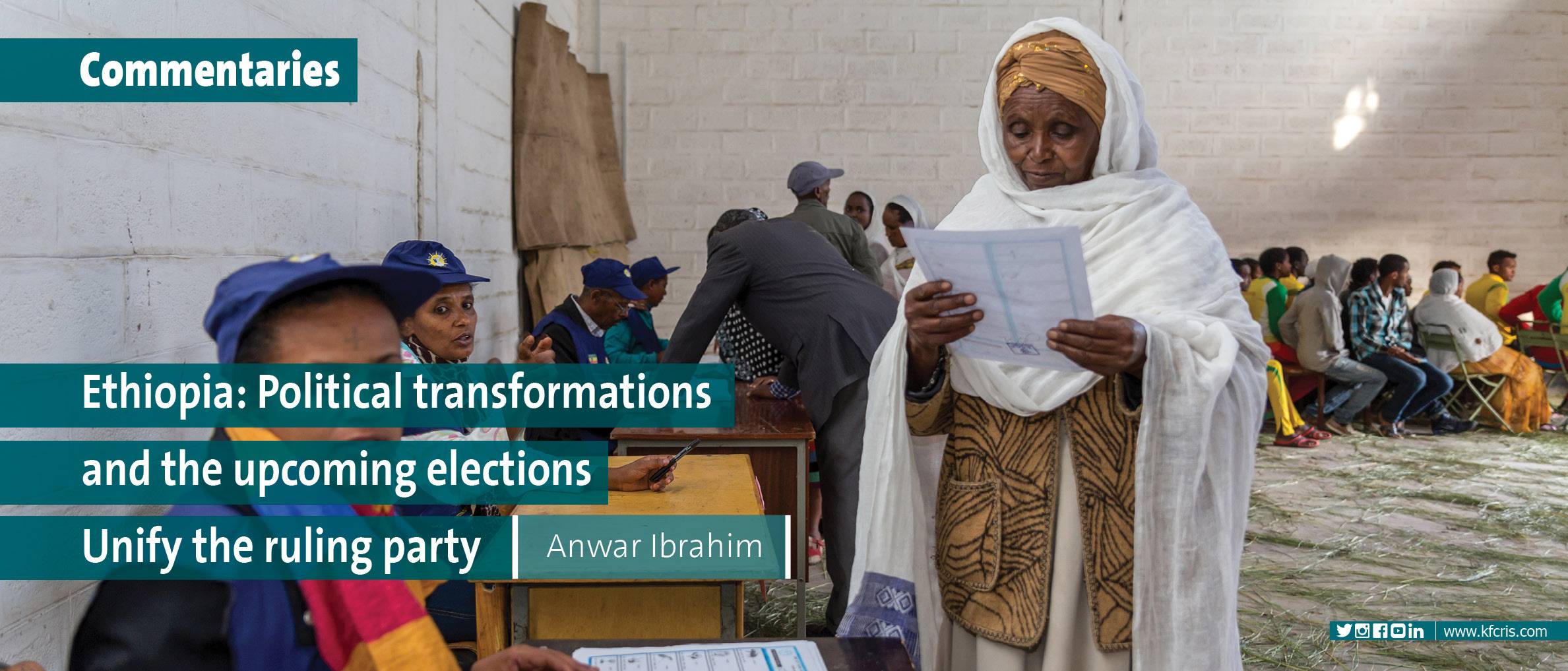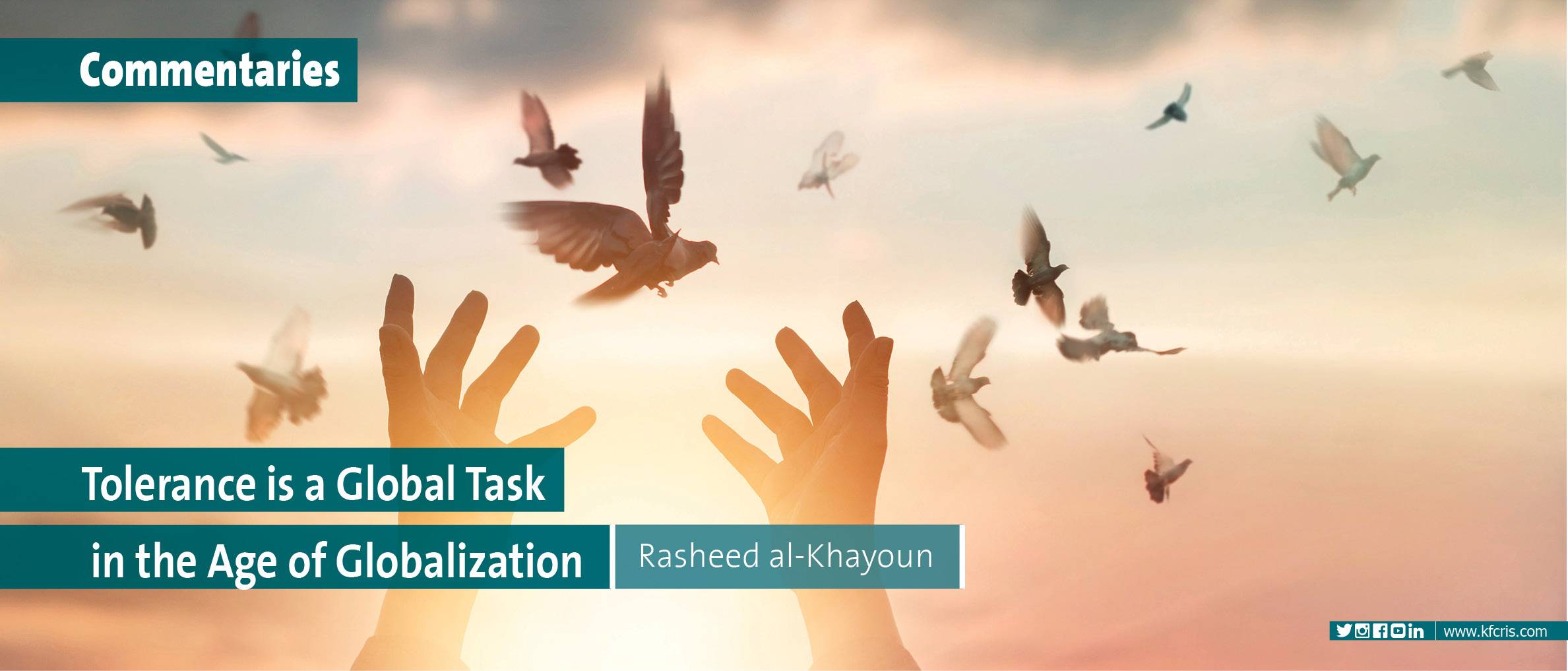Commentaries
2020-04-14
| Deployments of Japan’s Self-Defence Forces in the Middle East: Reaction and Reassurance
2020-04-14
| Deployments of Japan’s Self-Defence Forces in the Middle East: Reaction and Reassurance

Number:
Author: Latifa Abdullah Al Saud
The commentary analyses the recent unprecedented decision undertaken by the Japanese government to dispatch Self-Defense Force deployments to the Middle East. It considers the rationales underlying this decision and, more importantly, whether it signals a fundamental shift in Japanese foreign policy towards the region.

Number:
Author: Maha Fallatah and Makio Yamada
Local product development plays a significant role in attracting great numbers of tourists and sustainably creating employment opportunities in local economies. Governments, both central and local, can enact policies to facilitate the development of local products and services that harness distinctive local resources. In our previous commentary, we examined one such policy, the “One Village One Product” movement in Japan, which is characterized by its effective investment in human resources to promote R&D aimed at enhancing the quality of local products and marketing them to wide groups of consumers. The One Village One Product movement, as well
Number:
Author: Hanin Alsudais
Ruhollah Khomeini was one of the last revolutionaries of the twentieth century and an exceptional case of evolutionism in the modern Iranian political sphere. In the 1979 Iranian revolution, Khomeini reshaped the modern history of Iran, giving it a different kind of governance that had never before existed. This paper discusses how Khomeini managed to gain legitimacy with both the masses and the intellectuals of Iran and analyze why this was possible.
Number:
Author: Hanaa Almoaibed
The Commentary discusses the education-employment linkage in the Kingdom highlighting how schooling practices at the high school level affect young Saudi citizens' transition to university and employment. It particularly focuses on the effect of free track choice and the screening mechanism in the secondary-to-tertiary transition and offers policy recommendations.

Number:
Author: Jennifer Peck
Saudi Arabia has recently experienced rapid growth in women’s economic participation, with female labor force participation nearly doubling from 10.1% in 2000 to 19.6% in 2018. Increasing women’s employment is a key economic and social goal for the Kingdom, and a series of ambitious labor reforms over the past eight years has corresponded with a historic growth of women’s employment in the private sector, which increased over eight-fold from just 71,000 in mid-2011 to 592,000 by the end of 2018.

Number:
Author: Anwar Ibrahim
In the context of the general elections scheduled for 2020, the Ethiopian Prime Minister turned towards uniting the ruling party and under a new name. In this article, the author reviews the political significance of such initiative; its implications on the outlook of Ethiopian political parties and future alliances in preparation for the upcoming elections.
The English translation is currently unavailable.

Number:
Author: Rasheed al-Khayoun
Perhaps the need for religious tolerance, as it is now in an era of globalization, which means the convergence and mixing of peoples, from the far north to the far south, through the economy and society, and the development of social media tools to what is expressed in a “Glance of the eye” To the maximum.
The English translation is currently unavailable.
Number:
Author: Maha Fallatah and Makio Yamada
Regionally-balanced development has been one of the key policy goals of the Saudi government. Today, the need for job creation seems particularly acute in some regions of the Kingdom. According to the General Authority for Statistics, while the national unemployment rate among Saudi citizens was 12.3% in the second quarter of 2019, some regions reached higher rates, such as 20.9% in Jazan and 18.1% in Al-Baha; rates were lower in those with urban centers such as Riyadh (10.1%) and the Eastern Province (10.4%).While an ongoing tourism opening will start to create greater opportunities for local growth in rural regions, the key long-term challenge is to
Number:
Author: Sara Almohamadi
This commentary argues that on some social issues, such as the current dress code for instance, there appears to be a discrepancy between policy changes announced by the highest level of state, and the wording of the law pertaining to the same issue.
Number:
Author: Andrea Ghiselli, Mohammed Al-Sudairi.
The narrative among Western pundits as well as government officials on China’s role in the Middle East is steadily consolidating around the idea that it will soon act in the region to expand its influence, at the expense of the United States. Is this really the case? The article offers a more nuanced perspective on the issue by taking the reconstruction of Syria into consideration and comparing how China and the Syrian government have acted and framed China’s role. The article argues that there is an exaggerated perception of China’s current or imminent role in Syria in the Arabic and English media which stands in total disjunction to
